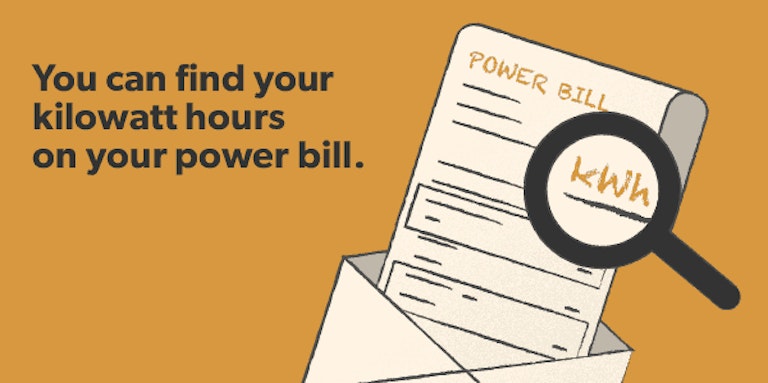AC Watts & DC Watts
What is the difference between an AC and a DC watt?
When shopping for solar power systems and reviewing solar incentives from your state or your utility company, be sure you’re comparing apples to apples, and oranges to oranges. Or rather DC watts to DC watts (like in a battery) and AC watts to AC watts (like your appliances at home).
The size of a solar power system is measured in watts. Some state incentives specify that they will reimburse a specific dollar amount per AC watt, while others specify a DC watt. (Still, others will award a solar power system owner for every kilowatt hour their system generates, among other methods.)
As far as solar power system quotes go, you’re more likely to get a quote based on a DC measurement. In order to be accurate in your budgeting, it’s best to know the difference.
DC Watts
If you take a solar power system with twelve 200-watt solar panels, your system size is 2,400 watts. But is that DC or AC watts?
If you’re taking the manufacturer’s maximum power rating or STC rating, it is a DC measurement. (STC stands for Standard Test Conditions.) Price quotes normally use the STC rating.
There is also another DC measurement, the PTC rating, which is closer to a solar panel’s output in real-world conditions. PTC refers to PVUSA Test Conditions, which were developed to test and compare PV systems as part of the PVUSA (Photovoltaics for Utility Scale Applications) project. PTC requires that a solar panel has 1,000 watts per square meter of solar irradiance, 20 degrees C air temperature, and a wind speed of 1 meter per second at 10 meters above ground level.
The California Energy Commission tests solar panels in the field using these conditions and lists their PTC ratings on a CEC approved list. The CEC is considered the authority on solar panel PTC ratings. While many solar panel spec sheets list the PTC as well as the STC, the CEC listing is the one to use in your calculations.
AC Watts
So what is an AC watt? In a solar power system, the inverter is responsible for converting a DC electrical current into an AC electrical current, the type of electrical current that normal home appliances use. The AC wattage is figured when you take a solar panel’s listed PTC measurement and multiply it by the inverter efficiency, which is normally around 95 percent. A solar panel with a PTC rating of 180 watts, for example, would be sized at 171 AC watts (180 watts x 95%). A system with twelve of these panels would be sized at 2,052 AC watts (171 AC watts x 12). Here is CEC’s list of inverters and their efficiencies.
What is the difference between a watt, a kilowatt and a kilowatt hour (kWh)?
A watt is a unit of power that measures the rate of energy transfer or usage. A kilowatt is equal to 1,000 watts.
A kilowatt-hour is the amount of electricity used. To calculate the amount an appliance uses in kilowatt hours, take its wattage, multiply it by the number of hours you use it, and divide by 1,000. If you take a 100-watt light bulb and use it for 540 hours, the light bulb will use 54 kWh of electricity.
For a more detailed explanation, read our article: “What is a Kilowatt Hour?”
Example of a Monthly Power Bill
If you look at your power bill, you will see your monthly kilowatt hour usage. This is how much electricity you used for that month and were charged for. Normally your power company will bill you based on a rate per kWh. Sometimes this rate varies depending on the time of day or your usage.

When shopping for solar power systems, it’s useful to know what your kWh usage per month is. Unbound Solar lists projected monthly kilowatt-hour production for grid-tied systems, and daily usage for off-grid systems.
To get a better idea of what size of solar power system you’re looking for, enter your kWh usage into our solar cost calculator. We’ll tell you what size system you need to offset your energy usage.

